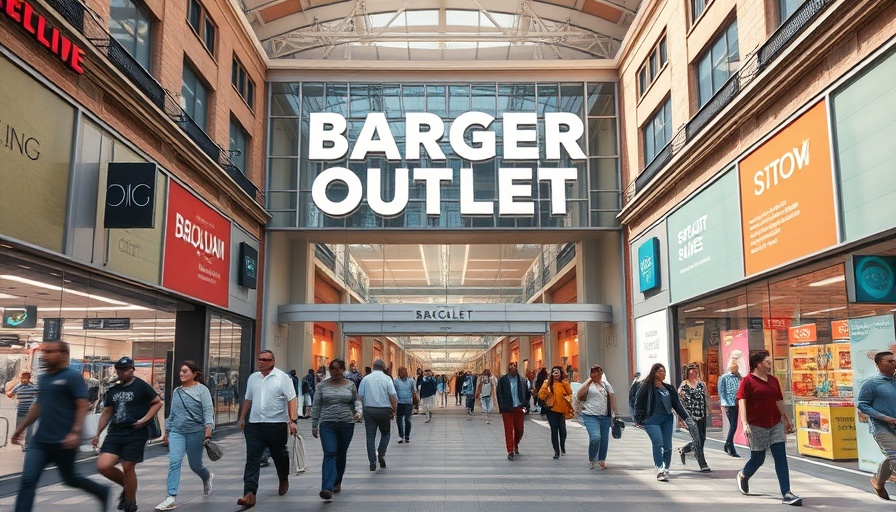
What's really going on with SIBO and dietary choices?
SIBO, or small intestinal bacterial overgrowth, isn't just a buzzword; it's a painful reality for many who suffer from gastrointestinal disorders. Symptoms like bloating, gas, diarrhea, and abdominal pain plague those with SIBO, closely resembling those of IBS, yet the treatments are often met with confusion that leads to frustration. The recent research hints at a massive implication: the type of bacteria present may matter more than the quantity. But how do we navigate this complicated landscape of gut health?
The role of fiber in gut health
Enter fiber, a dietary component that's been long associated with a healthy gut. Surprisingly, studies have shown that correlating high fiber intake with improved gut health offers a golden insight. Researchers found that a significant drop in Prevotella—bacteria that thrive on fiber—leads to problematic gut symptoms. It's the absence of these healthy bacteria that opens the door to troublesome signs like those experienced with SIBO. For instance, a study switching healthy individuals from a high-fiber diet to one low in fiber and high in sugars resulted in 80% developing new gastrointestinal symptoms within just one week. Resistance against the onset of SIBO might boil down to the consumption of fiber-rich foods. Sustaining a diet rich in fiber appears to protect against these shifts in gut microbiota.
Questioning low FODMAP diets
While a low FODMAP diet is often hailed as a solution for IBS, it's essential to apply a discerning eye. The lack of robust evidence showing its benefits for SIBO symptoms raises questions. Randomized controlled trials on fiber demonstrate clear benefits versus what low FODMAP has been able to substantiate. Fiber-rich and plant-based diets have shown promise in preventing diseases linked to industrialized societies. Why gamble with a low FODMAP approach when the efficacy of fiber is backed by numerous studies?
The fiber vs. sugar narrative
Let's scrutinize the fiber versus sugar narrative. A diet heavily skewed toward sugar intake is certainly advantageous for no one—especially when the associations with harmful gut bacteria are considered. The impact of sugars on our gut microbiome can be devastating. Those with SIBO might instinctively reach for a low FODMAP approach, thinking it provides relief, yet are they not perpetuating a cycle by not addressing the underlying issues of dietary imbalances?
Practical diet shifts to consider
A shift towards a more fiber-centric diet isn’t just preferable; it’s imperative. Think about all the fresh fruits, vegetables, nuts, legumes, and whole grains you can incorporate. The benefits are enormous, spurring not just gut health but also overall wellness. Choosing fiber is a step towards not merely surviving, but thriving. A healthy gut microbiome isn't a luxury; it's a necessity. Let's stop settling for less.
Can our dietary choices predict our health?
Absolutely! As more studies emerge, we see a direct link between our gut health and numerous chronic diseases. The challenge, however, lies in transforming this emerging knowledge into daily habit changes. Why fuel unhealthy bacteria when you can empower the good ones? The power lies in our plates.
Final thoughts on embracing fiber
If you're looking for relief from SIBO or IBS symptoms, the answer might be on your plate. Fueling your body with high-fiber foods could be the game-changer you need. Shift your perspective, arm yourself with knowledge, and let the healing begin. Making the choice for fiber is making the choice for health.
 Add Row
Add Row  Add
Add 




Write A Comment